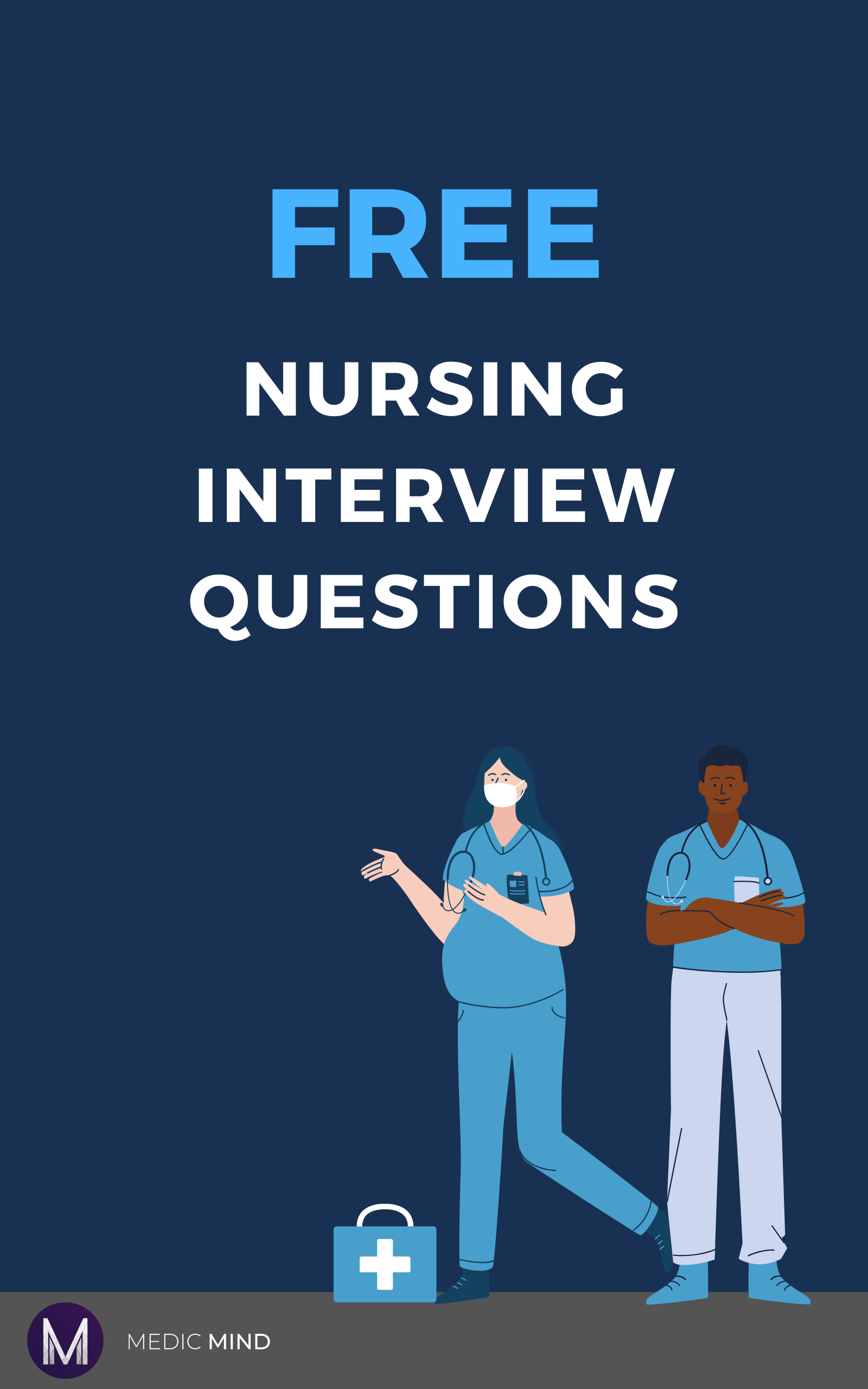Loading...


Thinking about a career in nursing? Becoming a Nurse
If you have a caring nature and desire to make a difference to the lives of others, then a career in Nursing may be for you? Nurses are a vital asset to any multidisciplinary team working within the NHS and in healthcare settings. Nurses attend to the needs of patients, acting as patient advocates and providing empathetic and compassionate care when people are at their most vulnerable. Across the UK there is currently a shortage of nurses, meaning that there is no better time to join the profession. As a nurse there is a variety of settings where you can work: in patient’s home, clinics, prisons, for the police or in the voluntary and private sector.
NHS Health Careers – Adult Nursing
What skills do I need to become a Nurse?
To deliver safe and effective care to patients in the future Nursing students must be able to demonstrate a variety of core values and attributes. The following list outlines the skills nurses utilise within their career:
- The role of the nurse is to develop excellent relationships with patients interacting and communicating with a diverse mixture of people. Nurses must have excellent interpersonal skills and a high emotional intelligence. Being curious to understand each patients’ perspectives and situations will help a nurse to establish rapport and better understand the ideas, concerns, and expectations of those in their care. Alongside curiosity, nurses must have a keen sense of observation, when treating patient’s perception and examination is key.
- Whether on a ward, in a surgery or at a GP practice there are often many tasks given to Nurses to complete in limited time frames. The ability to multitask, delegate, prioritise and carefully manage time is essential.
- As a Nurse you will never be working alone. You are likely to work closely alongside other nurses, healthcare professionals and in partnership with the patients themselves. Nurses must be competent team members as well as leaders.
- Challenging patients and situations make the role of a Nurse extremely stimulating. Nurses must be resilient and have tenacity to persist through several stages of training and long working hours.

What a nurse does day to day?
Role of the Nurse – Leeds Teaching Hospitals NHS Trust
The role of a nurse is extremely varied, each day will differ with both the tasks you must complete and the people you interact with.
- Nurses must make patients feel at ease addressing their ideas, concerns, and expectations. Nurses are the first point of call for many patients.
- Receiving, formulating, and integrating information from patients to make a clinical diagnosis.
- In their role motivational interviewing nurses discuss, influence, and improve the behaviours of patients, activating and motivating them.
- A nurse will support a patient through the various stages of a treatment seeing patients before, during and after surgeries. This provides continuity of care provision.
How to begin a career in Nursing?
Practising Nurses are required to have a nursing degree and registration with the Nursing and Midwifery Council. Education choices for nurses are very flexible with a several different institutions and open Universities offering Nursing Courses. Different degrees are based around different specialisms in nursing such as adult, children, mental health and learning disabilities. Courses are usually three years long. 94% of Nursing graduates are employed within 6 months of finishing their degree making it the most employable type of degree. The NHS careers website contains a course finder where you can find out more information about degree options. You may also apply to complete a Nursing apprenticeship learning on-the-job.
UCAS: Medic Mind Application Guide
Qualifications and Entry Requirements for Nursing
All Nursing degrees have several academic and non-academic entry requirements as part of their selection process.

Academic requirements:
- Nursing Degree – 5 GCSEs at grades 9 to 4 (A* to C,) 2/3 A-levels including a science or a Level 3 diploma or Access to higher education in health, science or nursing.
- Nursing Apprenticeship: 4/5 GCSEs at grades 9 to 4 (A* to C,) and further qualifications e.g. A Levels.
Other requirements:
- Demonstrate evidence of literacy and numeracy.
- Completed and approved health questionnaire
- Criminal Conviction declaration form.
Expanding your horizons beyond a career in nursing
Increasingly the role of Nurses is expanding both clinically and non-clinically with development and progression of career opportunities. Nurses have the option to specialise in subjects such as: geriatric care, intensive care and in operating theatres. All members of the healthcare team are also required to work in management and research teams as well as teaching other health care professionals.
Frequently Asked Question
→What is nursing?
Nursing is a healthcare profession focused on caring for individuals, families, and communities to promote health and prevent illness. Nurses work in a variety of settings, including hospitals, clinics, schools, and homes.
→What qualifications do I need to become a nurse?
To become a nurse, you need to complete a nursing program, which can be a diploma, associate degree, or bachelor’s degree. You will also need to pass a licensing exam to become a registered nurse (RN).
→What skills and qualities do I need to be a successful nurse?
Successful nurses possess excellent communication, critical thinking, and problem-solving skills. They also have a strong sense of compassion, empathy, and a desire to help others. Good physical stamina, attention to detail, and the ability to work well under pressure are also important qualities.
→Why did you choose nursing as a career?
If you have a caring nature and desire to make a difference to the lives of others, then a career in Nursing may be for you? Nurses are a vital asset to any multidisciplinary team working within the NHS and in healthcare settings.
→Is nursing a good career for 2023?
Across the UK there is currently a shortage of nurses, meaning that there is no better time to join the profession. Increasingly the role of Nurses is expanding both clinically and non-clinically with development and progression of career opportunities. Nurses have the option to specialise in subjects such as: geriatric care, intensive care and in operating theatres.
→What are the opportunities for advancement in nursing?
There are many opportunities for advancement in nursing, including becoming a nurse practitioner, nurse anesthetist, nurse midwife, or nurse educator. Nurses can also advance to leadership roles, such as nursing director or chief nursing officer.
→What are the job prospects for nurses?
Job prospects for nurses are very strong, with a growing demand for healthcare services due to an aging population and advances in medical technology. According to the Bureau of Labor Statistics, employment of registered nurses is projected to grow 9% from 2020 to 2030, faster than the average for all occupations.





Was this article helpful?
Still got a question? Leave a comment
Leave a comment